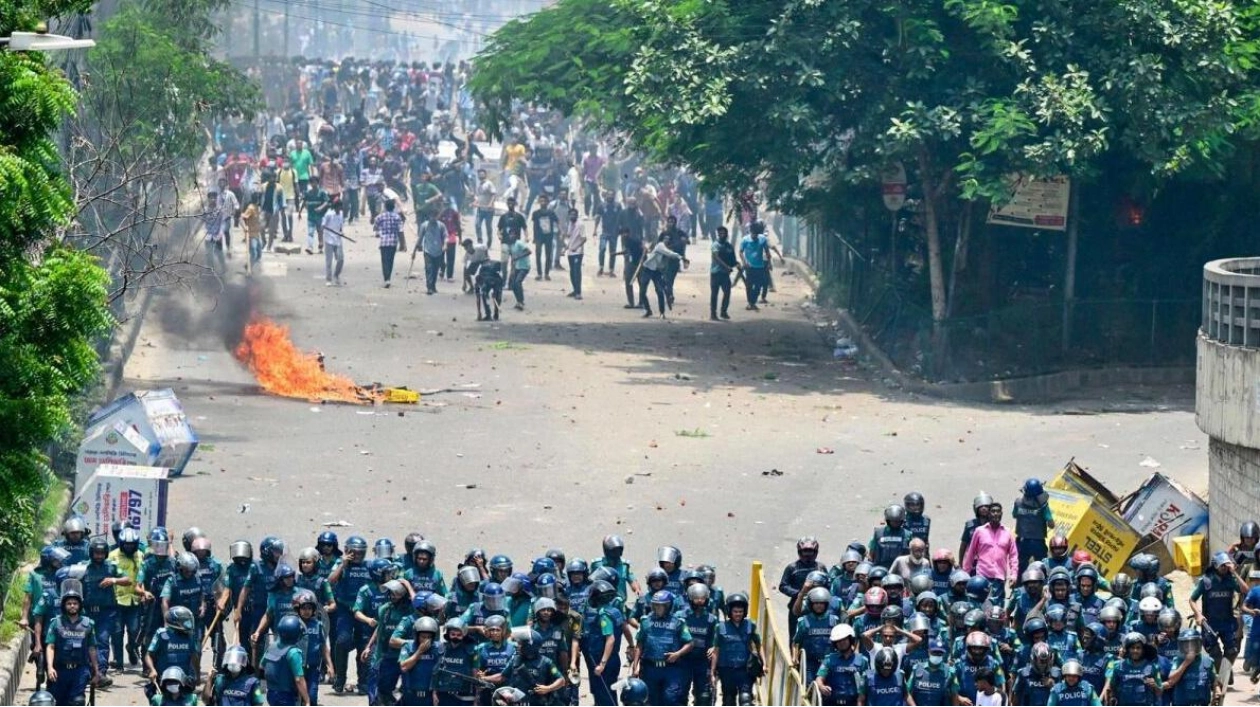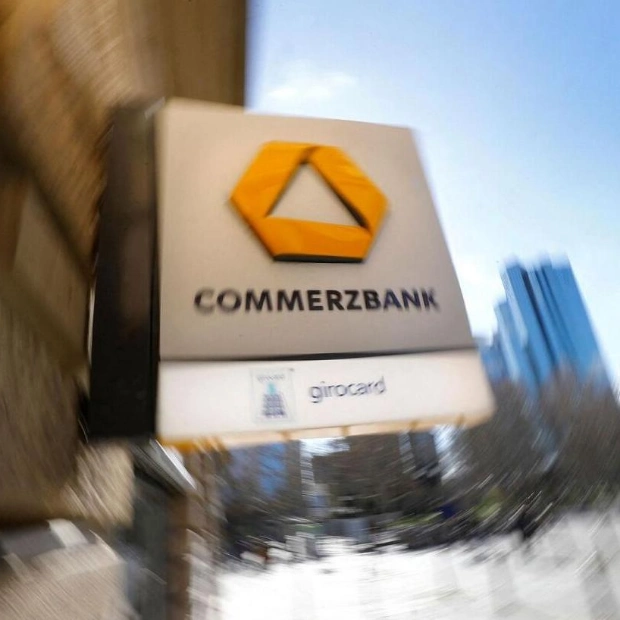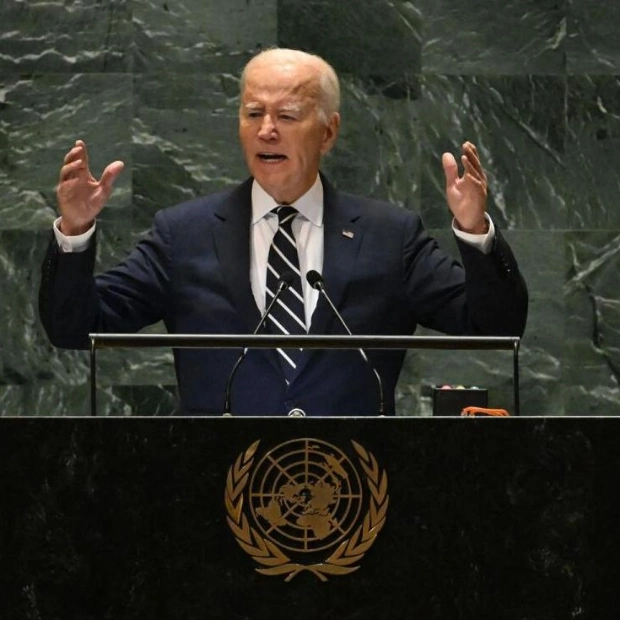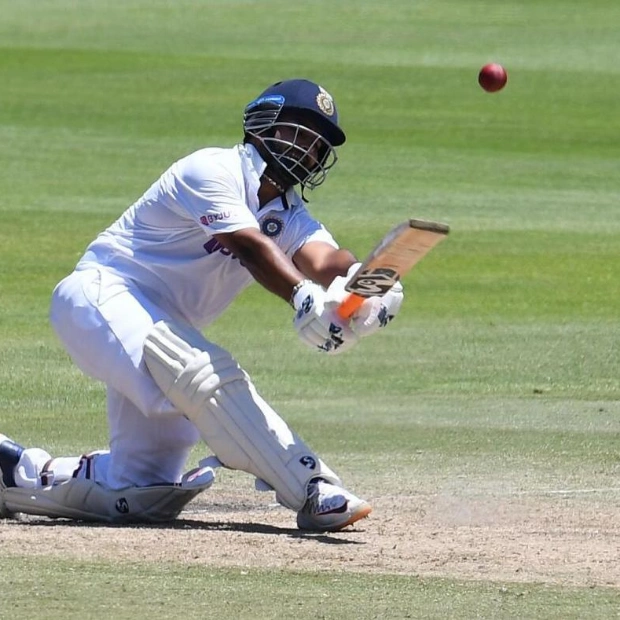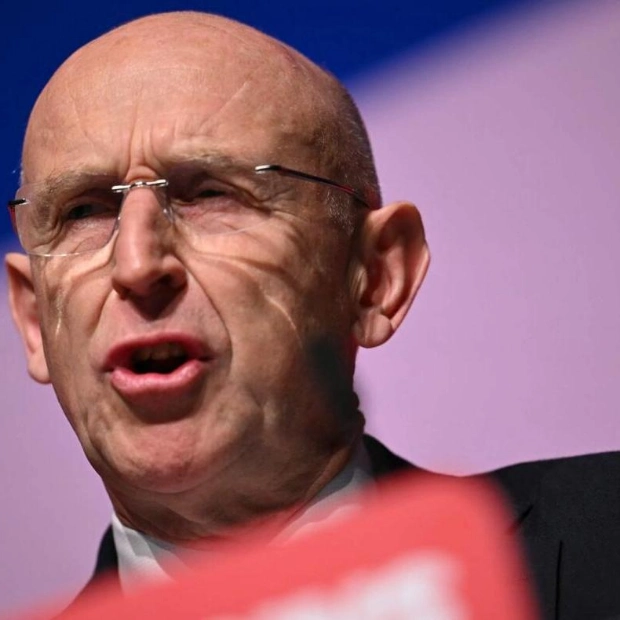On Thursday, thousands of students equipped with sticks and rocks engaged in violent confrontations with armed police in Dhaka, as the Bangladesh government temporarily suspended certain mobile internet services to suppress anti-quota protests that have resulted in at least 12 fatalities this week. These nationwide demonstrations represent the most significant since Prime Minister Sheikh Hasina's re-election for a fourth term, exacerbated by high youth unemployment rates, with nearly 20% of the 170 million population either unemployed or out of education.
Six individuals perished in the skirmishes with police in Dhaka on Thursday, including a bus driver who was brought to a hospital with a gunshot wound to the chest, and a student, according to officials speaking to Reuters. Hundreds more sustained injuries. Law Minister Anisul Huq expressed the government's readiness to engage in dialogue with the protesters, who are demanding the abolition of the 30% quota in government jobs reserved for the families of those who fought in the 1971 war of independence from Pakistan.
Prime Minister Hasina, the daughter of Sheikh Mujibur Rahman, the leader of Bangladesh's independence, has thus far dismissed the protesters' demands. Huq stated, "We are willing to sit (and talk with them). Whenever they want to sit in the discussion, it will happen." Earlier, police used tear gas to disperse protesters near a Dhaka university campus, and authorities restricted some mobile internet services to curtail the demonstrations. Police also employed tear gas to break up stone-throwing students who obstructed a highway in the southern port city of Chittagong.
The US Embassy in Dhaka announced its closure for Thursday and advised its citizens to steer clear of demonstrations and large gatherings. The Indian embassy issued a similar advisory. Authorities closed all public and private universities indefinitely starting Wednesday and deployed riot police and the Border Guard paramilitary force to university campuses to maintain order. On August 7, the Supreme Court is scheduled to hear the government's appeal against a High Court ruling that mandated the reinstatement of the quota. Hasina has urged students to remain patient until the court's decision.
Human rights organizations, including Amnesty International, along with the United Nations and the United States, have called on Bangladesh to safeguard peaceful protesters from violence.
